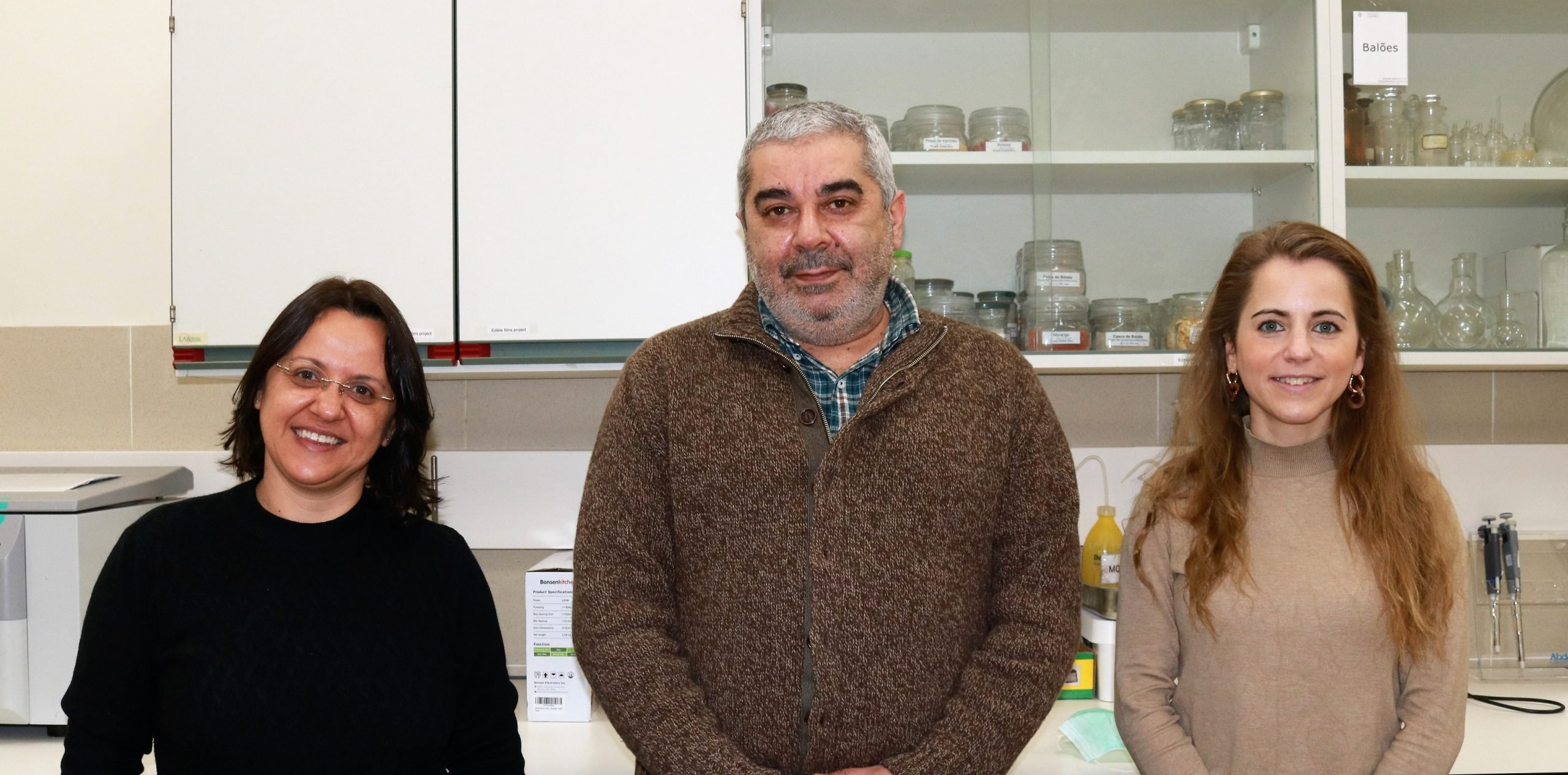A multidisciplinary team of researchers from the University of Coimbra (UC), with the participation of the Federal University of Bahia and the Oswaldo Cruz Foundation, in Brazil, developed a set of innovative products of natural origin, safe and with low ecological impact, to control the proliferation of mosquito species responsible for the transmission of diseases such as Dengue, Zika, Chikungunya, yellow fever and West Nile fever.
The products developed – spread over two ranges, one to eliminate larvae in water and the other to be used in traps to capture insects – are based on natural oils extracted from plants native to Brazil and Asia, combined with biodegradable polymers, and use “green” and low environmental impact techniques and solvents. They also have the particularity of allowing the controlled release of active ingredients in an efficient way.
The formulations developed by the UC and Brazilian scientists are distinguished by being «biodegradable, without toxic or dangerous properties for humans, animals and the environment, and were designed to be used, in a generalized way, in the control of mosquitoes of the Aedes genus. (Aedes aegypti, Aedes albopictus and Aedes japonicus), insect vectors of diseases such as Dengue, Zika, Chikungunya fever, yellow fever and West Nile fever», highlights Hermínio Sousa, a researcher at the Research Center for Chemical Process and Product Engineering da Floresta (CIEPQPF) of the UC and project coordinator.
Tests already carried out in the laboratory have revealed that these products are an effective alternative to synthetic larvicides and insecticides. «In fact, the formulations already developed proved to be efficient in terms of their larvicidal activities for A. aegypti, safe and of low ecological impact. Strategies were also developed that made it possible to obtain products and formulations that can maintain their efficiency for quite long periods of time», describes the also professor at the Department of Chemical Engineering at the Faculty of Science and Technology at UC (FCTUC).
However, despite the tests having shown frankly promising results, for these products to reach the market, further studies are still needed. «In the case of larvae, it is necessary, for example, to optimize the dose, that is, to verify if it is possible to obtain the same effect with a lower dose. We are currently carrying out further studies to verify the efficiency and safety of the formulations in terms of attractive activities for mosquitoes of the A. aegypti species, for their capture in traps», explains Hermínio Sousa.
In the context of climate change, these mosquitoes can spread and establish themselves all over the world very quickly. «Inevitably, the large circulation of people and goods around the world, resulting from the processes of globalization, as well as the climate changes expected for the coming years, will have great effects on the dissemination and propagation of these species to regions where they are not yet established and, consequently, of the diseases transmitted by them», warns the researcher and professor at FCTUC.
Considering that Dengue, Zika, Chikungunya, yellow fever and West Nile fever «constitute a very serious public health problem in several countries of the world, with special emphasis on Asia, Oceania, Africa and South/Central America, including Brazil», Hermínio Sousa emphasizes that it is urgent «to develop multiple means for the efficient and safe control of these insects in rural and urban areas, both in tropical and subtropical regions and in temperate climates, and particularly in Ibero-American and Mediterranean countries, as Portugal».
The next step in the investigation, says the project coordinator, will be to explore new approaches and develop new studies, in order to «expand the knowledge already acquired, whether in combating the other two insect vectors (A. albopictus and A. japonicus) associated with these diseases, either in the use of other natural compounds with biological activity for their control and of new formulations and products that can be commercialized and used by the general population».
This project, called “Innovative natural-based formulations for the control of Aedes aegypti in Ibero-American regions”, also involves the participation of other CIEPQPF-UC researchers (Mara Braga, Marisa Gaspar, Ana Dias and Carla Maleita) and was carried out over the last four years as part of bilateral cooperation between Portugal and Brazil, having been financed by the Foundation for Science and Technology (FCT) and by CAPES (Coordination for the Improvement of Higher Education Personnel, Ministry of Education of Brazil ).
Follow us on Facebook, Twitter, Instagram, Youtube and TikTok and see the exclusive content for social networks.






